"This article was written by our Hunt Lift Eat Operations and Membership Coordinator Kerri McAllister. During his time, Kerri served as an Airborne Infantryman, Special Forces Weapons Sergeant, and a Special Forces Intelligence Sergeant. In this piece, Kerri pulls back the curtain and shares his thoughts on mental health and a few of the folks who showed unbelievable selflessness and paid the ultimate sacrifice serving their country."
I didn’t want to be that old drunk Vietnam vet who doesn’t talk about the war.
Peter, also known as Drew McKenna, often comes to mind, especially this time of year. I remember us arguing over tactics for different operations and him laughing at me because some chubby Air Force kid complained about me dropping weights after a clean and jerk. Then I'd tease him for being a Crisis Response Force guy who excelled at shooting paper targets while the line Operational Detachment Alpha guys actually fought in the war. In the summer of 2015, Drew responded to an attack that blew the gates of our compound with a vehicle-borne IED, followed by two assailants with suicide vests. After the initial blast, most of the camp’s occupants hunkered down and hid. But not Drew. He gathered the few troops near him and led them into the fight. Drew died in that gunfight, giving his life while most hid.


Andrew Baddick also comes to mind. I spent about 24 hours searching for my friend. What began as a normal day with him bumming a pinch of Copenhagen from me and me teasing him for making more money than I did, turned into a search and rescue mission in an instant. Initially, we responded to a mortar attack and moved to attack the Point of Origin site. Shortly after leaving the walled compound, our lead vehicle made too sharp a turn and slid into a deep canal. Without hesitation, Andrew dropped his body armor and helmet, passed his rifle to a teammate, and dove in. He saved 3 out of the 4 occupants before hitting his head while searching the dark waters for the 4th soldier. Andrew demonstrated complete selflessness and made the ultimate sacrifice, saving 3 people who owe their lives to him.


I could list many more fallen comrades, and I hesitate to continue writing about those close to me who lost their lives. Their sacrifices hold no less significance than those mentioned above, but unfortunately, the list stretches long, and it would take even longer to name those who sacrificed for us that I did not know personally.
Many veterans hold their experiences close, confiding in only a select few, if at all, because “people just don’t understand,” a sentiment I hear far too often. Frequently, they self-medicate with alcohol and drugs, both prescribed and not. This issue also affects law enforcement officers and first responders. An epidemic grips those willing to put themselves on the line for others. Not everyone will understand, and not everyone wants to hear the full story. The individuals who are no longer with us died doing something they believed in, for people who may never know their names.


I watched the Vietnam through Desert Storm generation of warfighters before me stay silent and self-medicate. For a long time, I thought that’s what I needed to do, leading to built-up anger, depression, and guilt that I tried to numb with alcohol. Eventually, I realized I was doing more harm than good. I stopped drinking first; then, I started telling my story. I decided I didn’t want to be that old drunk Vietnam vet who “doesn’t talk about the war.” By sharing my stories, I keep the memories of those who fell alive in the minds of all who listen.
People frequently discuss mental health, but often it’s just talk. Many who discuss it don’t fully understand the underlying issues. People don’t talk about their experiences, not due to a stigma of weakness, but because they physically can’t bring themselves to open up. This only worsens over time—the longer you stay silent, the harder it becomes to speak. I encourage anyone who has experienced loss, chaos, or trauma to share their story. I, for one, would love to hear it. Talk about your friends, coworkers, and the funny moments at the fire base or on patrol. I promise, people want to hear about those who sacrificed for us, and sharing these stories will make things better for you. Start with other veterans or those who had similar experiences, then share with your friends, maybe your spouse. They want to know what’s on your mind too. You have people who care about you and would love to listen.
"Battling Mental Health issues solo is an uphill fight and you are likely to fail. Tell me about it, tell anyone about it. At the end of the day if you are telling your stories and someone doesn’t want to listen, they most likely suck anyways." -Kerri








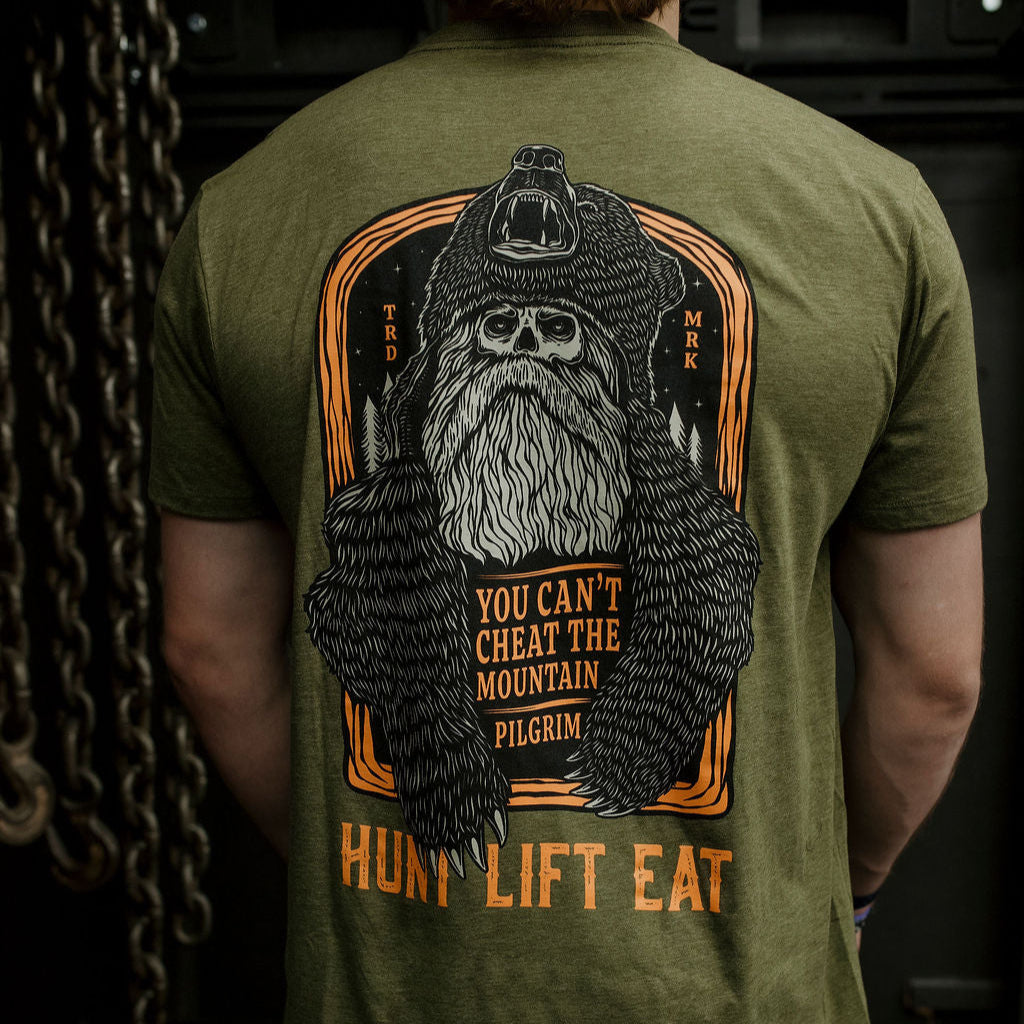
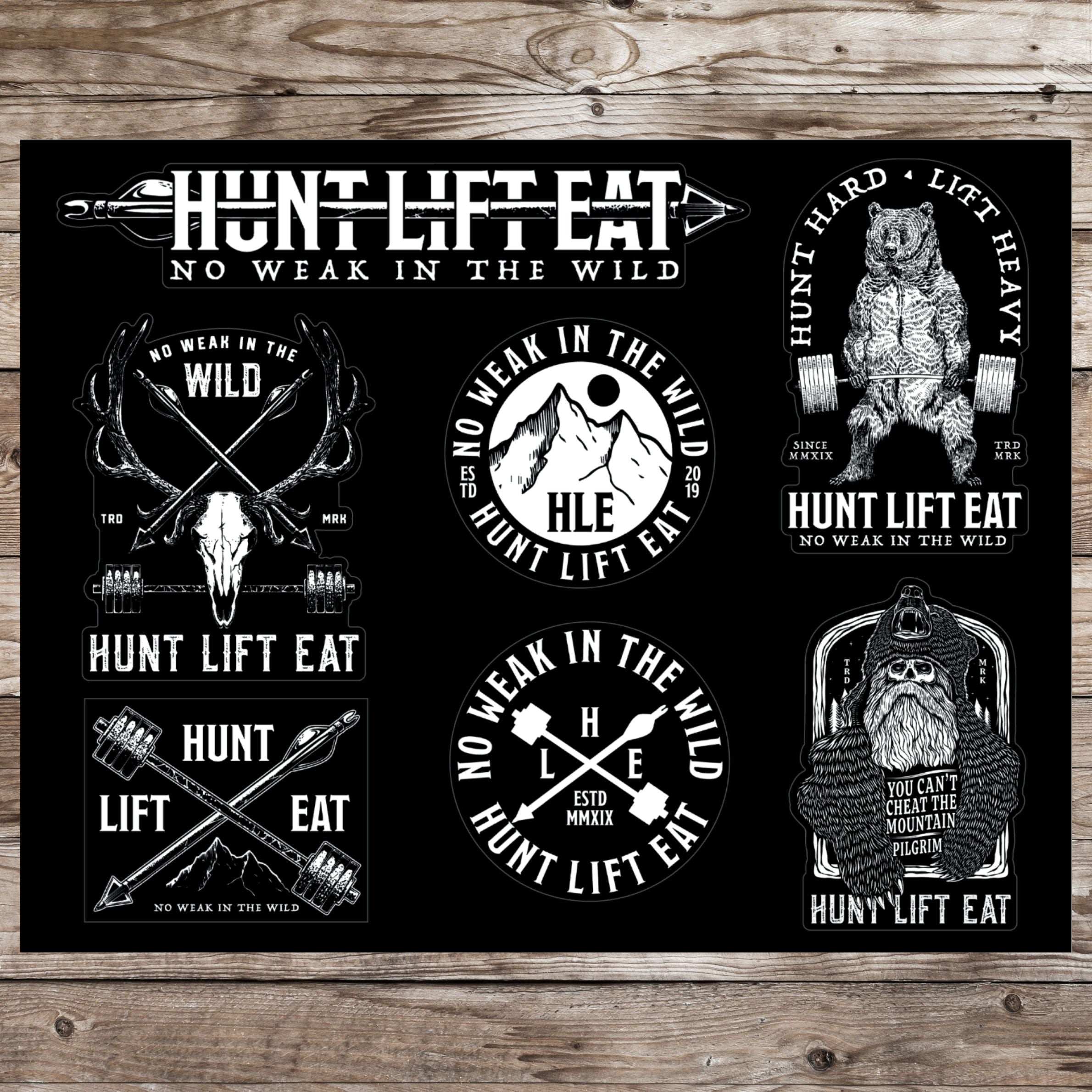
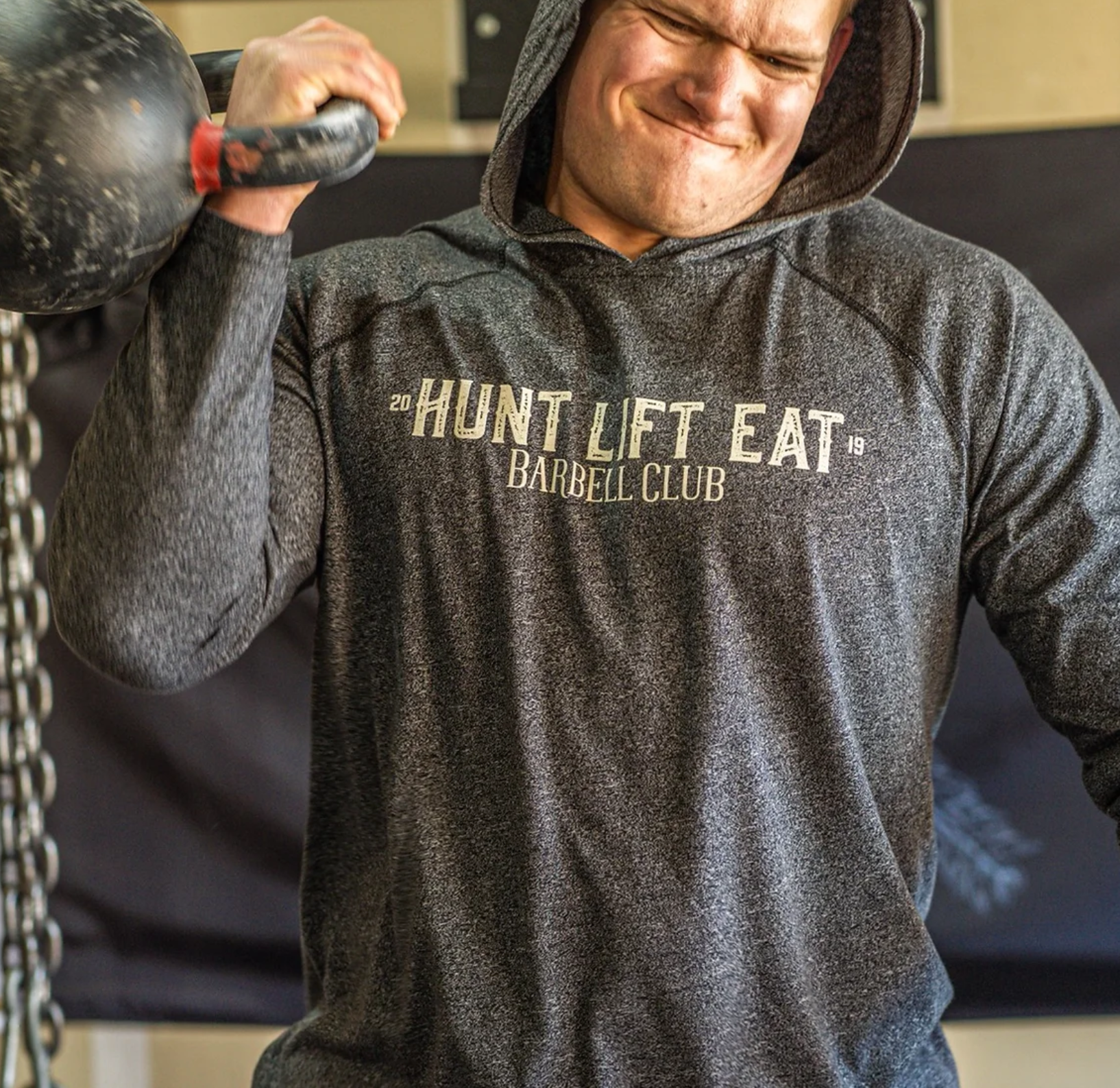
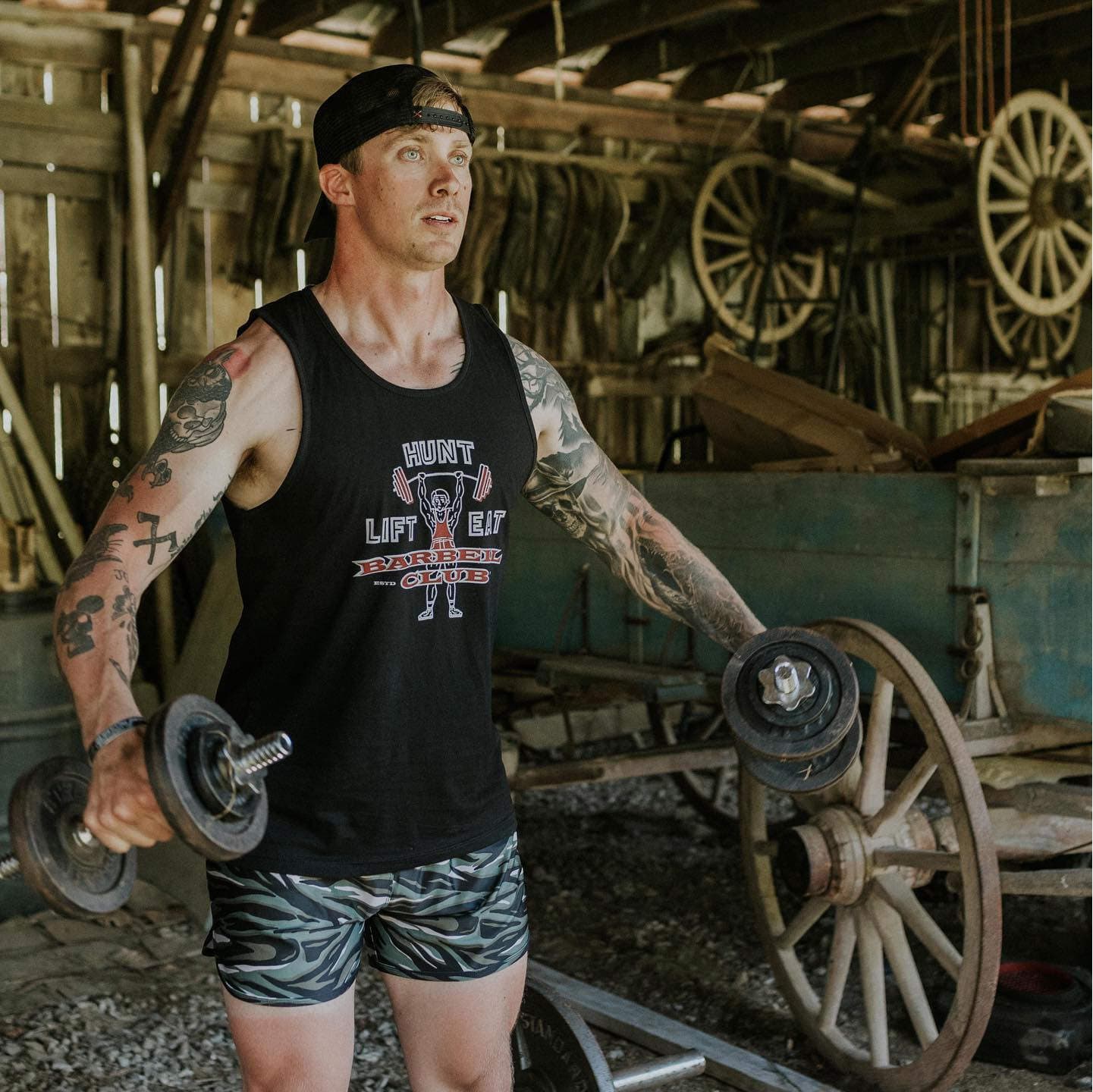


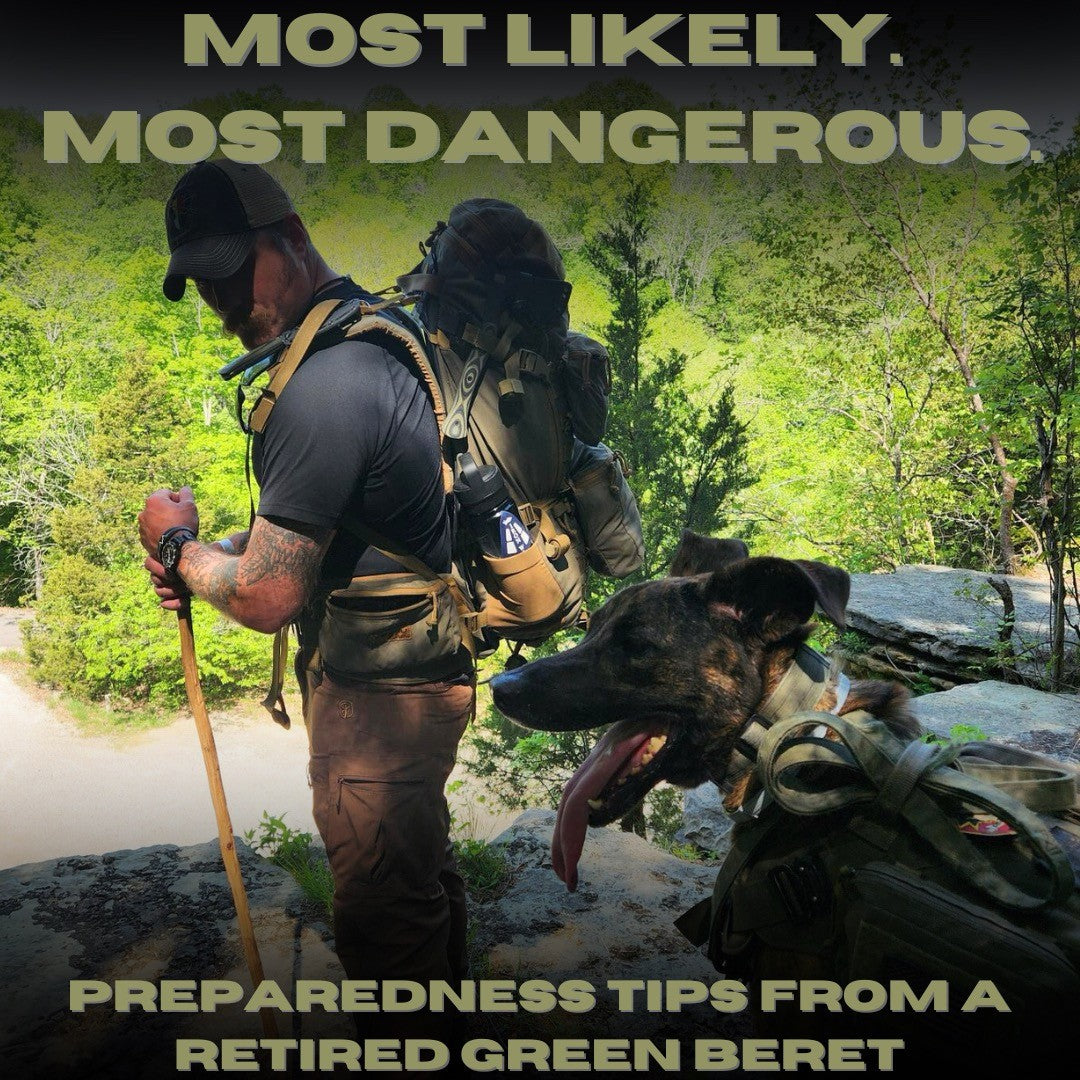
Leave a comment
This site is protected by hCaptcha and the hCaptcha Privacy Policy and Terms of Service apply.